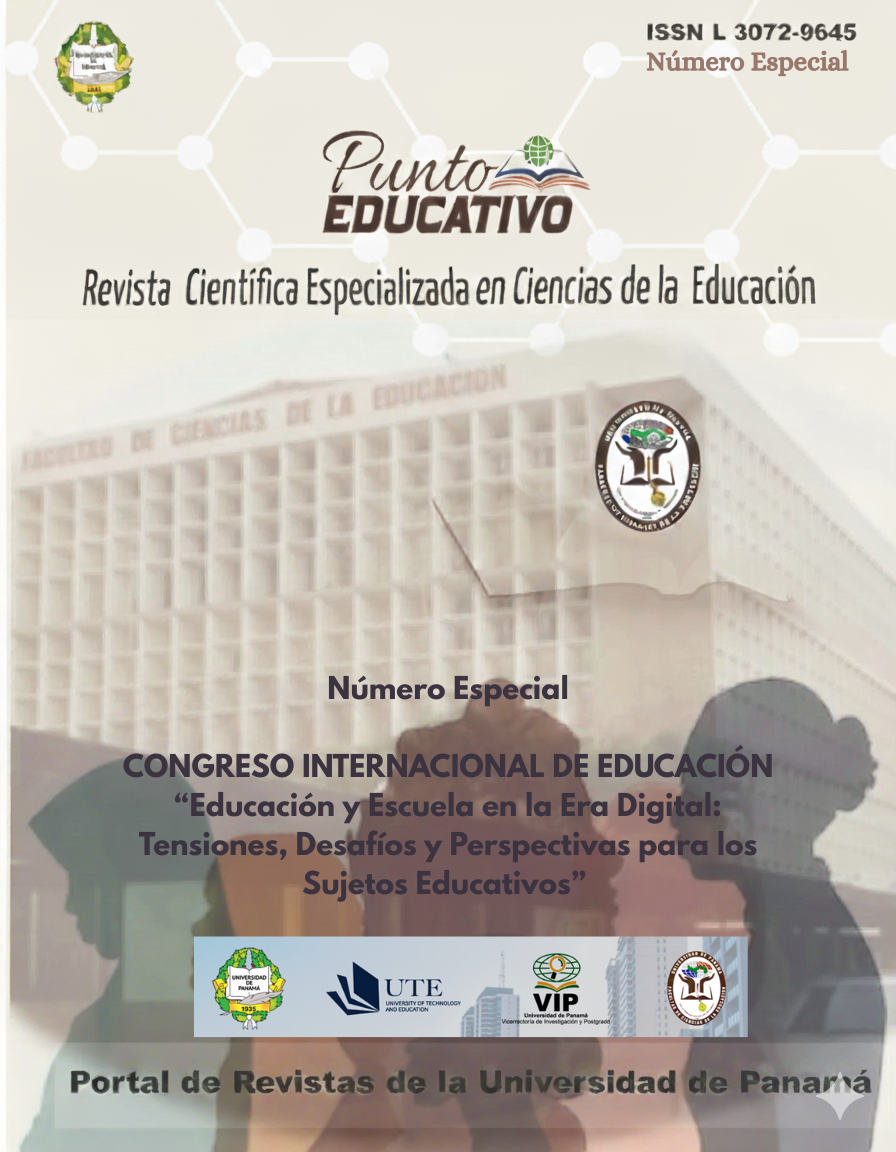

Derechos de autor 2025 Punto educativo

Esta obra está bajo una licencia internacional Creative Commons Atribución-NoComercial-CompartirIgual 4.0.
En este artículo se hace una reflexión en torno al aprendizaje experiencial de una segunda lengua (L2) inglés de los estudiantes en educación media técnica de una institución educativa oficial del contexto rural, para la ciudadanía global. De esta forma, el paradigma es cualitativo, de tipo hermenéutico. Con esto, emergen dos categorías: 1. El aprendizaje experiencial de los estudiantes en L2. 2. La enseñanza de una segunda lengua para la ciudadanía global. Así, la relevancia de este trabajo se da porque los procesos de enseñanza-aprendizaje de L2 están vinculados, de forma estrecha e íntima, con todos los contextos sociales, históricos, culturales, políticos, ecológicos y económicos, en los cuales habitan, cohabitan y se mueven las personas. Ya que, en los resultados se pone de manifiesto que estimular las prácticas socioeducativas, desde las experiencias mismas de los educandos, es un elemento determinante de la formación del sujeto, a partir de su propia práctica educativa. Asimismo, la enseñanza de una segunda lengua permitirá que se propulsen las capacidades para entenderse como parte activa de la ciudadanía global. De allí, que en se concluya que este tipo de trabajos didácticos, en los cuales se tienen propósitos claros y actividades contextuales y secuenciadas, hace asequible que el educando logre producir textos coherentes en L2 inglés desde su propia realidad contextual, mediante su praxis experiencial.